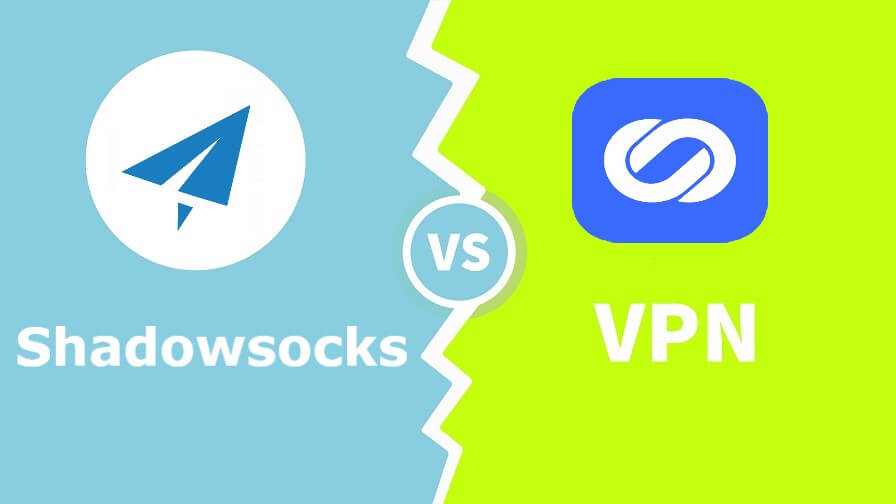Search engines are great tools for finding information on the internet. But, do you know that you can be vulnerable to attacks while using them? Well, have in mind that search engines are not as reliable as you think when it comes to security purposes. If not every, almost all search engines have their peaks and flaws, including Google.
Therefore, using a search engine comes alongside some dangers of putting sensitive information on the web. Precisely, Google’s month-old file format search option (located in its advanced area can expose confidential information, non-HTML information to malicious eyes. Not only that, but it also exposes its users to dangerous computer viruses.
Most Dangerous Search Engines
For this reason, you have to be on guard when searching for keywords on the web. Mainly, it would be best if you were watchful when using search engines that expose your data.
In consideration, Google has its flaws but is still considered great for use. You don’t need to abstain from such sites. Hence, you should ensure your security.
Meanwhile, here’s a list of six dangerous search engines to avoid.
1. Shodan
Shodan is one terrifying search engine. It takes the name of an artificial intelligence evil in System Shock, a mythical video game. John Matherly, having created Shodan, termed it as the terrifying search engine in the world.
In simple words, Shodan is an HTTP address search engine connected to the internet. It belongs to the deep web and does not go out on Google searches or similar. Uniquely, this engine searches for IoT devices and works with security cameras, refrigerators, webcams, alarms, wearable, and many more.
2. Zoomeye
Zoomeye is another dangerous search engine used to record information such as user devices, websites accessed, and more. Just like Google, Zoomeye consists of its search operators. While collecting information on a vast range of ports, the engine supports many search criteria. Also, the cyberspace tool can scan a large number of ports, has extended web support and identification of applied software and OS.
3. Censys
Censys is an IoT search engine that offers extended functionality. ZMap author, Zakir Durumeric created this software engine and presented it in 2015. It utilizes a few associated projects and the technology of ZMap. Without registration, you can run five queries per day from one IP address. Also, Censys has expanded features with an API and more search results. The basic subscription plan offers no search for filer limitations. Compared to Shodan, it has better speed but only scans fewer ports.
4. Ivre
Ivre, an open-source frame network, relies on open-source tools to seek for data. It keeps data in the Ivre database and provides tools used for analysis. Additionally, the system has a web interface, whose aim is to analyze NMap scan results. What the tool does is collecting data from open-source tools like NMap, Masscan, Zeek (Bro), ZMap, and more. Often when there’s no tool to seek the data you want, the Python API makes it easy to access your results.
5. Camfind
CamFind is a Free Android software developed by Camfind Inc and introduced as part of the Utilities &Tools category. It is a search engine which also aids image recognition. With this tool, you can identify images just by taking a photo with your smartphone. How? By providing you with relevant results upon taking a picture, and it does so within seconds. It also supports offline storage, keeps data on a scoop folder to search later or create visual reminders.
6. Thingful
Thingful is another search engine that enables secure discoverability and interoperability. Dealing with the Internet of Things, it provides results between millions of public and private connected objects globally. In general, this tool aims to allow connected objects to find and use each other’s data with the proper consent of the owner. IoT data owners can control the usage of data. They are empowered to make valuable and useful decisions to secure cross-domain IoT search & access.
Surf search engines safely with a VPN
Fortunately, the internet provides solutions to the problems generated from it. Search engines are vital; we can’t do without them. Regardless of the vulnerabilities attached, it is still essential for use. The best adoption for instances like this is with a good VPN.
Taking precautions
The mentioned search engines do no illegal activity but are of great use to hackers and cybercriminals. Take, for example, its ability to connect to other devices. Further explaining, connecting to a security camera or a webcam is easy with this tool once a hacker can detect the IP address attached to them.
Regardless, you can still surf safely on Shodan. However, precautionary measures have to be in place. What more reliable method would I recommend other than using a VPN?
What a VPN does?
A VPN is versatile in functionality. Somehow, it serves as a good option for those who surf through dangerous search engines, especially the ones mentioned above. How? A VPN encrypts your server and activities online. That way, your data is secured from exposure.
Recommendation
While choosing a VPN service, you should consider if it’s best for you. There are so many tools out there terming themselves as security tools, but doing the contrary; exposing your information. Hence, it would be best if you had a robust tool that fully encrypts your connection and shields you from attacks.
Best Search Engines for Privacy in 2020
How Does Your Internet Searches Reveal Your Privacy?
Best Browser Extensions for Your Privacy
What are the Best Chromium Based Browsers?
Browser Hijacking: Signs and how to prevent it
Most Dangerous Online Scams you should be Wary of
Ultimate List of Dangerous Apps you must never download
Among the best is none other than RitaVPN; it’s a useful and reliable tool for security and anonymity. While hackers act upon noticing your IP address, it makes it anonymous and gives you good browsing experience. Why hesitate? Opt for RitaVPN now and enjoy surfing through information securely.






